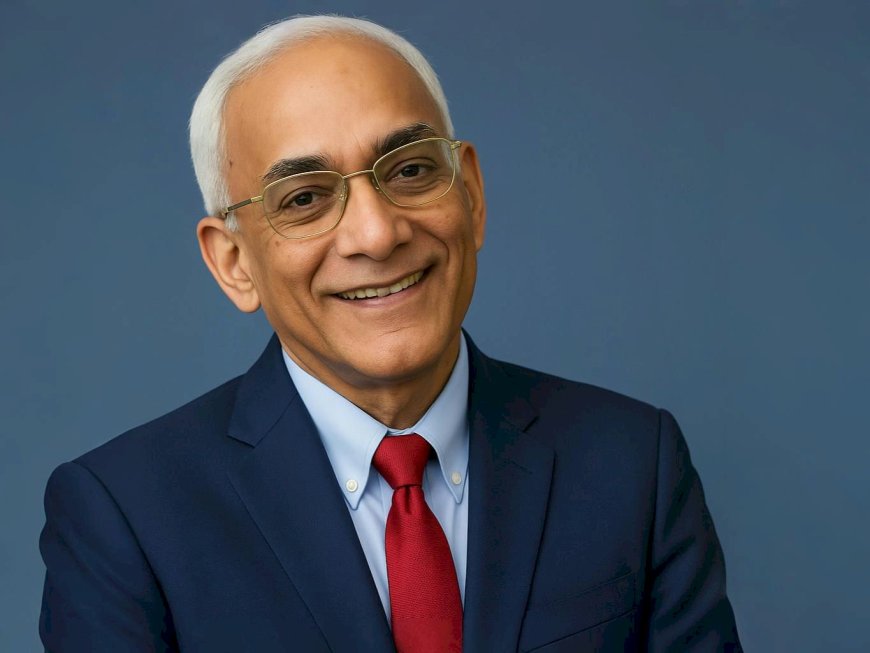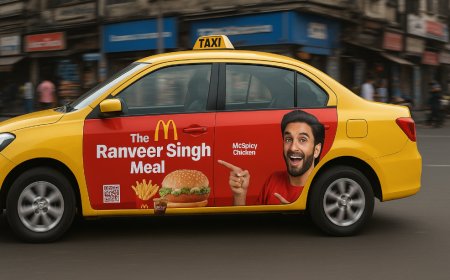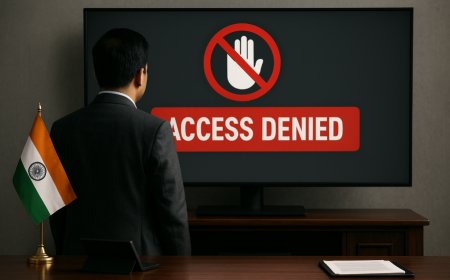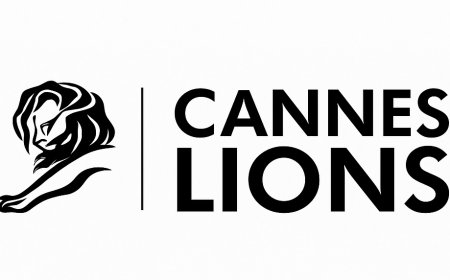S.K. Swamy Discusses the Shift from Big Creative Agencies to Boutique Powerhouses
S.K. Swamy explores why the advertising world is shifting from large creative agencies to agile boutique firms. Discover insights into mergers, marketing trends, and the future of brand storytelling.

The Creative Landscape is Changing — Here’s Why
In today’s fast-evolving marketing world, traditional models are being redefined. S.K. Swamy, one of the most respected figures in the Indian advertising landscape, recently shared his views on the growing preference for boutique creative agencies over their larger, often bureaucratic counterparts.
Swamy, known for his strategic acumen and deep experience in brand-building, offers a sharp analysis of why big agencies are losing their edge — and how lean, focused boutiques are stepping in to fill the creative gap.
Mergers Everywhere: Consolidation or Confusion?
Large advertising agencies have been on a spree of mergers and acquisitions in recent years. The logic, they claim, is to bring together capabilities across digital, creative, media, and analytics under one roof. However, Swamy points out that this strategy has had mixed results.
“Most of these consolidations look good on paper,” he explains, “but they often lead to internal politics, process overload, and slower turnaround times. Clients want speed and relevance — not bloated hierarchies.”
Instead of synergy, what many brands experience post-merger is confusion. Account managers change, creative direction shifts, and brand consistency can suffer.
Why Boutique Agencies Are Winning
Boutique agencies are typically small, independent creative shops that focus on a niche — whether it’s storytelling, digital innovation, influencer marketing, or brand identity. What they may lack in size, they make up for in agility, personalization, and passion.
Swamy outlines a few reasons why these nimble players are catching fire:
-
Direct access to leadership: Clients often work directly with founders or creative heads
-
Faster execution: Less red tape and internal approvals
-
Focused creativity: Teams are tight-knit and highly motivated
-
Lower overheads: Cost-efficient solutions without sacrificing quality
In a time when brands are expected to respond to trends in real-time, the boutique model offers a practical and impactful alternative.
Clients Are Driving the Shift
It’s not just the agencies that are evolving — clients, too, are rethinking their partnerships. Traditional retainers and long-term contracts are being replaced by project-based work and outcome-driven deals.
Swamy emphasizes that modern marketers want to collaborate with partners who understand:
-
Speed over scale
-
Results over reports
-
Creativity over convention
He notes, “Marketers today are no longer impressed by big boardrooms and tall buildings. They want partners who think smart, work fast, and deliver value with every campaign.”
Digital Is the Catalyst
While boutique agencies were always around, their rise to prominence was catalyzed by the digital transformation of the marketing ecosystem.
In the past, launching a nationwide campaign required large production budgets, media buying expertise, and a team of hundreds. Today, a small agency with 10 people and access to digital platforms can create, launch, and scale a campaign within days.
Social media, content marketing, influencer networks, and data analytics — all of these have leveled the playing field. As Swamy puts it, “Creativity is no longer about size. It’s about speed and smarts.”
Big Agencies Still Have a Role — But Need to Evolve
That said, Swamy doesn’t believe large agencies are irrelevant. On the contrary, he believes they still play a vital role in:
-
Managing large-scale integrated campaigns
-
Navigating complex media landscapes
-
Offering global insights and scale
However, for them to remain competitive, they must adapt to the boutique mindset. That means restructuring internally, reducing silos, and offering modular services that can work alongside smaller agencies — not just against them.
Swamy also suggests that large holding companies should consider incubating boutique units within their systems, giving them autonomy and flexibility instead of forcing them into legacy structures.
Collaboration, Not Competition, Is the Future
Another important takeaway from Swamy’s reflections is the emergence of collaborative agency ecosystems. Brands are now working with multiple partners — one for social media, another for creative, another for performance marketing — and expect them to work in sync.
He explains, “Gone are the days of a single agency controlling every aspect of communication. Today, it’s about specialists working together, driven by a shared vision for the brand.”
This collaborative model also empowers boutiques to coexist and thrive alongside larger players, provided they bring clarity and innovation to the table.
The Entrepreneurial Spirit Is Driving Creativity
One of the hidden strengths of boutique agencies is the entrepreneurial energy they bring. Most are started by former big-agency professionals who wanted more freedom, control, and creative satisfaction.
This sense of ownership trickles down to every campaign. Teams work not just to deliver, but to build a reputation, gain repeat business, and earn client trust.
Swamy believes that this owner-operator model is more accountable and responsive — a trait many big agencies are now trying to replicate through smaller units and creative pods.
Advice for Brands: Pick Passion Over Prestige
For brands navigating the modern marketing jungle, Swamy’s advice is clear: Don’t get distracted by legacy names. Choose partners who are obsessed with your brand.
That might be a large agency. Or it might be a boutique shop run by five people who live and breathe your industry.
What matters is:
-
Do they understand your goals?
-
Can they act quickly and creatively?
-
Are they invested in your success — not just their fee?
In a market where every rupee counts and consumer attention is shrinking, Swamy’s insights offer a roadmap for brands that want to remain relevant, impactful, and agile.
Conclusion: A New Age of Creativity Has Begun
S.K. Swamy’s take on the industry confirms what many already feel: the age of bloated creative agencies is ending, and a new era led by nimble, passionate boutiques is rising.
For brands, this means better collaboration, quicker execution, and more daring creativity. For agencies, it’s a wake-up call to innovate, simplify, and refocus on what really matters — the client, the idea, and the result.
What's Your Reaction?
 Like
0
Like
0
 Dislike
0
Dislike
0
 Love
0
Love
0
 Funny
0
Funny
0
 Angry
0
Angry
0
 Sad
0
Sad
0
 Wow
0
Wow
0












































